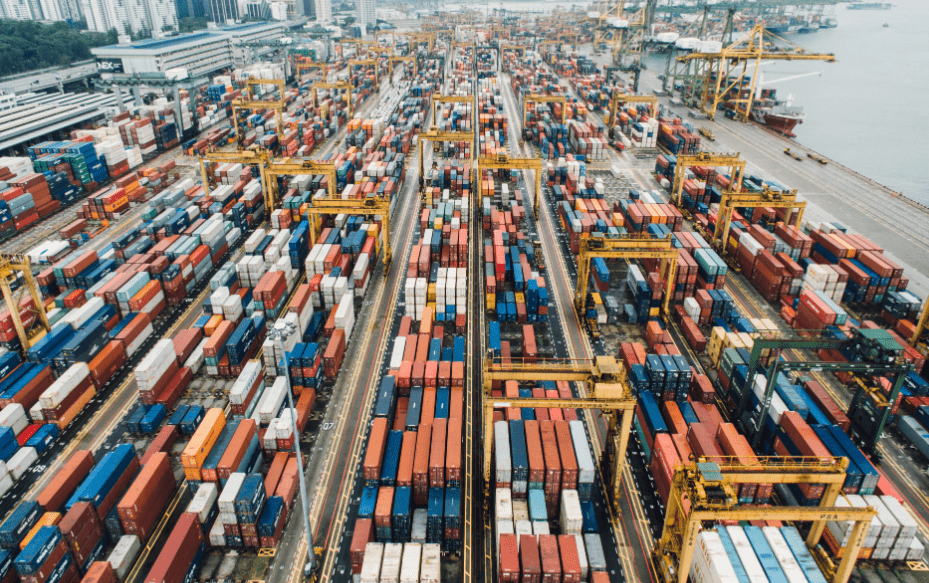The ASEAN–Korea Free Trade Agreement (AKFTA) is undergoing a joint review study.
According to the World Trade Organization (WTO), the final report is scheduled to be adopted during the 20th AKFTA-IC meeting in the second quarter of 2023.
As for the ASEAN-Japan Comprehensive Economic Partnership (AJCEP), the agreement was initially limited to trade in goods, but additional chapters on trade in services, movement of natural persons and investment were agreed in 2016.
These chapters were incorporated into the AJCEP through a First Protocol, which Malaysia ratified on April 5, 2021, and which entered into force (for Malaysia) on July 1, 2021.
Malaysia applies the AJCEP tariff reduction schedule (in HS17) from July 1, 2020.
Implementation of product-specific rules (also in HS17) under AJCEP is scheduled for March 1, 2023.
ASEAN
Under the ASEAN-India Comprehensive Economic Cooperation Framework Agreement, the parties have agreed to activate a joint committee to make their ASEAN-India Trade in Goods Agreement (AITIGA) more user-friendly, simple and trade-facilitating for businesses.
The ASEAN-India Trade in Services Agreement and the ASEAN-India Investment Agreement entered into force on July 1, 2015.
Negotiations to update the AANZFTA have been underway since October 2020 and are expected to be concluded by the end of 2022.
On the other hand, ASEAN member states have pursued trade liberalization with partners in the region through a network of FTAs.
The most recent ASEAN FTA-with Hong Kong, China (known as AHKFTA)-was signed in March 2018 and, depending on member states’ domestic ratification processes, entered into force between June 2019 and February 2021.
The AHKFTA comprises 14 chapters addressing market access liberalization, trade facilitation, rules to promote confidence in trade and cooperation to facilitate trade in the region.
Currently, the subcommittees on rules of origin and investment are working within the framework of the built-in agenda in their respective areas.

